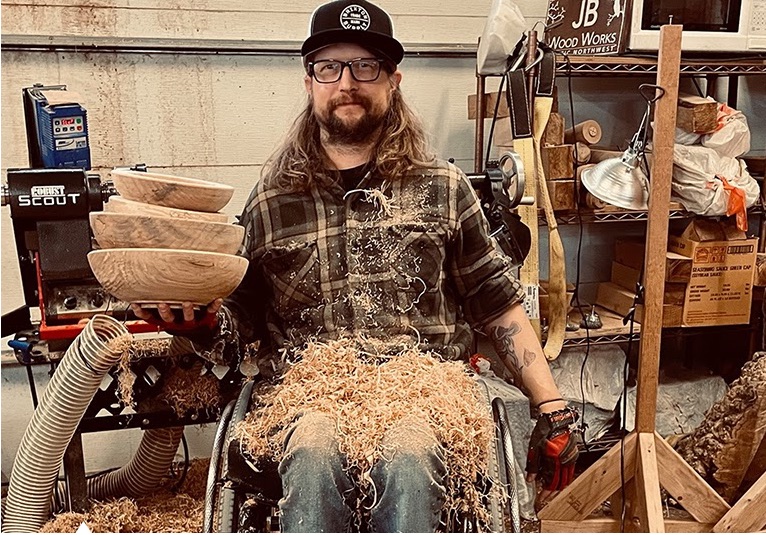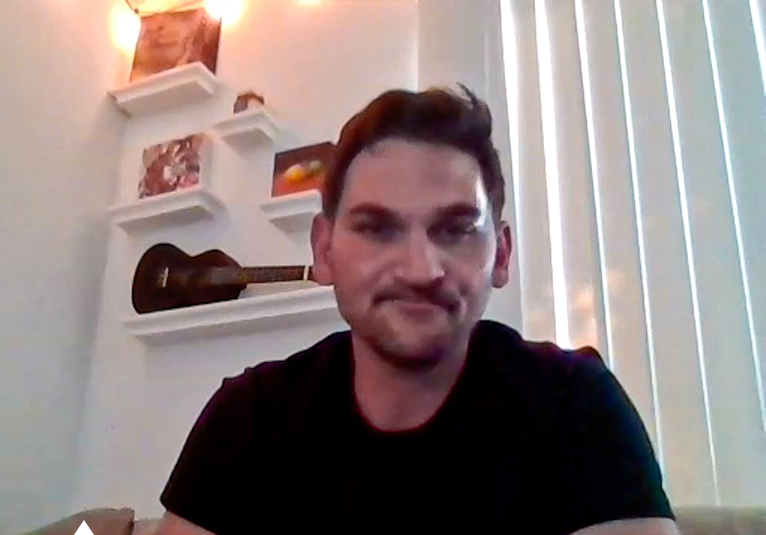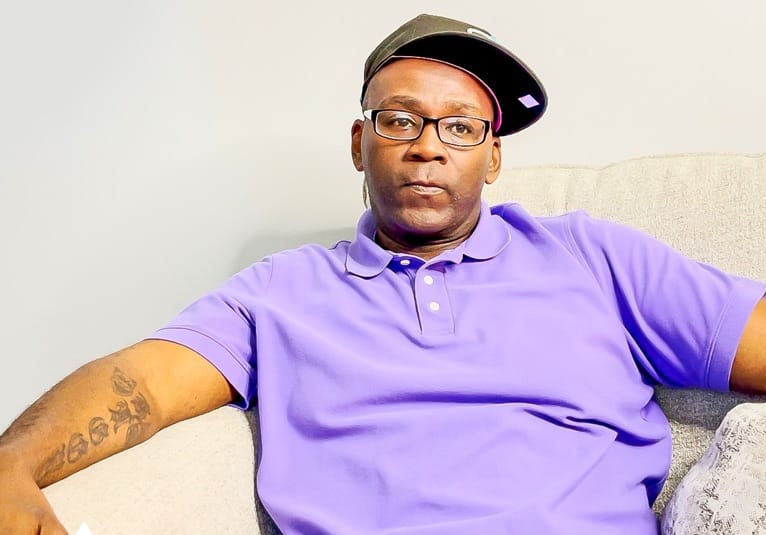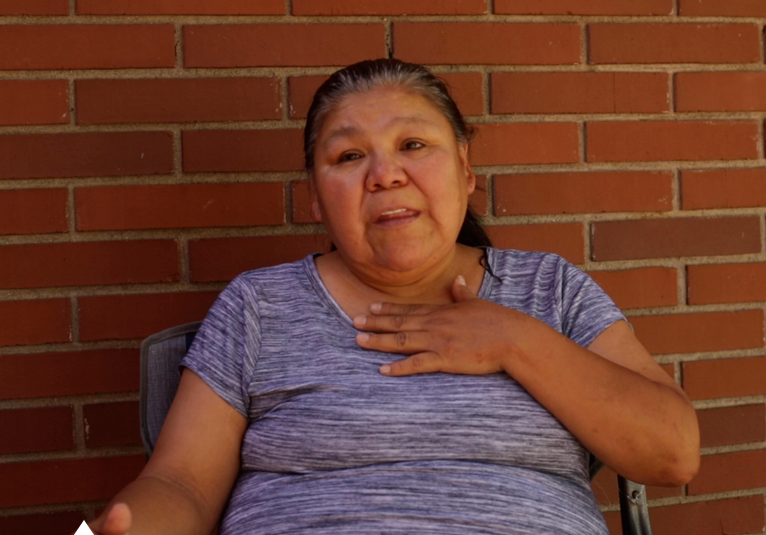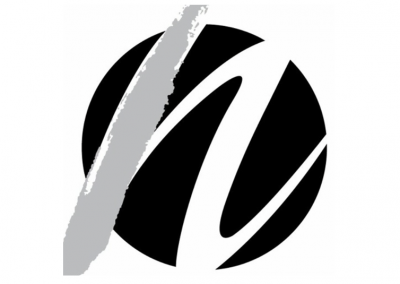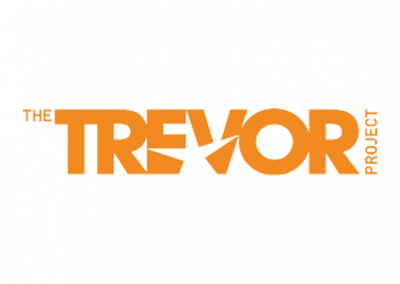Kira M Ingredient #3: Adaptability
The third ingredient of resilience is adaptability. And I joke because I’m not a fan of kale, that adaptability is like the kale in the “resilience smoothie.” It’s the one we have to have because it’s really good for us, but it’s not as good as some of the other ones. Depending, maybe if you’re a kale fan, good, that’s awesome.
It creates quite a stir when I say that adaptability is like the kale of the resilience smoothie because some people really like it. I’m not one of those people. The bottom line is that adaptability is hard. It’s the one you have to have. It’s the hardest one, and it’s because people don’t like change.
We like to know what’s coming. We like to know what to expect and being adaptable when it feels like the Earth is constantly shifting under us and we just never know what’s going to happen. It gets old, it gets tiresome, and it feels like we need something we can count on that we know is going to be the same and consistent.
So what I would suggest, if you’re curious about where your level of adaptability is, pay attention to how your body responds the next time you get confronted with an unexpected change. Whether it’s Aunt Sally sending you a text message about the family reunion, or something at work about a budget change or staffing shift or an expectation about coming into the office or participating in something, watch what happens to your body.
And what I mean by that is does your heart rate increase? Do you feel warm or sweaty? Do you notice that your respiration or your breathing increases? That you might be getting a little nervous or uncomfortable. If that’s the case, when you have something unexpected that happens, it’s typically because adrenaline has been released and adrenaline gets released when we perceive unexpected change as being threatening to us.
So when we’re perceiving something coming and our body senses a threat, we really only have a couple options. We can hide or fight or run. And that’s not as adaptable as perceiving something as a challenge. So what we want to try to practice is shifting our body’s response from threat to challenge.
And when we perceive something as a challenge, we can network about it, we can break it down, we can write down options, and we can pick something to do and overcome it. And then we’re empowered to do something with it.
So it’s not the easiest thing in the world, but an effective way to practice developing your own adaptability is to, first of all, notice how your body is responding and then try to remain as physically calm as possible. Maintain your breathing. Recognize that you can control that anxiety, that fight or flight response.
It doesn’t have to happen. You can talk yourself through it and say, “You know what? I’m going to be the boss of this and I’m going to be in charge. I’m going to leverage my control and I’m going to perceive this thing as a challenge, and I’m going to tackle it.”
And that helps us increase adaptability. We can do that in very small ways. I have that conversation to myself when I think about what to make for dinner every night with my two kids. I don’t like making dinner and it’s a challenge for me. So I try to focus on challenge, not threat. Dinner is not a threat, dinner is a challenge.
You can do it on a small scale. You can do it in a big-scale way in terms of maybe a work-life decision or a relationship or a partner decision. So there’s lots of opportunities that all of us are faced with to practice adaptability every day in this pandemic, and it’s essential because it really helps us become more resilient.
One thing that I do tell my clients is that even if you’re going to do something that you don’t really want to be doing or, you know, isn’t the healthiest for you, do it intentionally and do it on purpose so that you’re in charge of it.
Because even if you’re not ready to really practice that adaptability or really move away from that panic, know that you’re in control of the decision. That you’re choosing to feel this way or you’re choosing to move over here and to work on it in a different way so that empowerment is around being in charge of your behavioral choices. For sure, even if you’re not ready to make the movement yet.



